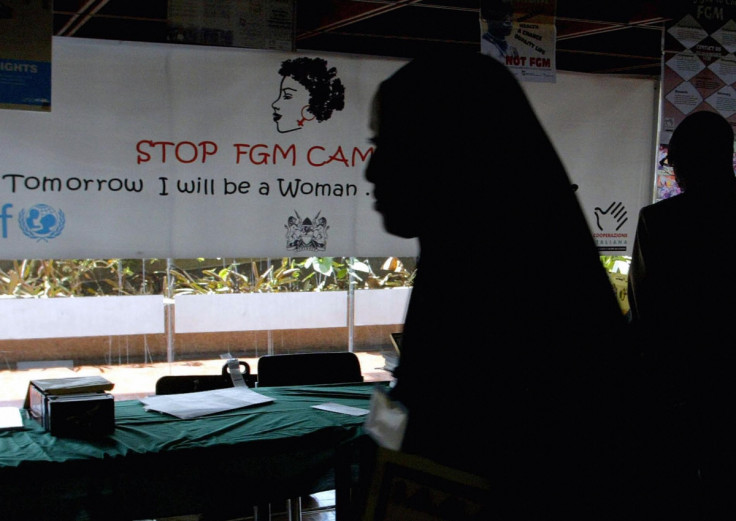68 million girls and women could face female genital mutilation by 2030, UN chief warns
The procedure has serious consequences including excessive bleeding and childbirth complications.

In a bid to accelerate efforts to abolish female genital mutilation (FGM) – the practice involving removal of the external female genitalia – the United Nations has released some chilling figures. According to UN Secretary-General, Antonio Guterres, the number of girls and women subjected to genital mutilation could be as high as 68 million by 2030 unless serious action is taken.
So far, more than 200 million women and girls living in 30 countries are reported to have undergone the traditional practice – which has been attributed to having no health benefits.
In fact, according to the World Health Organisation, the procedure of genital removal has several serious consequences including severe pain, infections, excessive bleeding and in the long term, increased risk of complications during childbirth.
As per WHO reports, the practice is most prevalent in few regions of Africa, some Middle Eastern countries and in parts of Asia. And as part of the tradition, even infant girls are subjected to the practice.
Speaking on the occasion of International Day of Zero Tolerance for Female Genital Mutilation on Tuesday (6 February), the UN chief criticised FGM as "a gross violation of the human rights of women and girls", the Associated Press reported.
While current estimations suggest that more than three million girls are at risk of genital cutting every year, the numbers might rise to 4.6 million by 2030. As per the UN Population Fund, the increase is linked to expected population growth unless immediate action is taken towards the eradication of FGM.
Meanwhile, in countries like India, where studies have noted instances of the traditional practice, it has been reported that there's an absence of a law banning the practice.
"Women's right to dignity supersedes right to freedom of religion. Law cannot and should not question the idea of divine but law can and must regulate human action that hurts others," Indian lawmaker Shashi Tharoor said on the issue, releasing a research study on the prevalence of the practice, per The Hindu.
Although a few conservative organisations argue over the difference between "FGM and Female Circumcision", the WHO clearly states that "all procedures that involve altering or injuring of female genitalia for non-medical purposes and is recognised internationally as a violation of the human rights of girls and women".





















